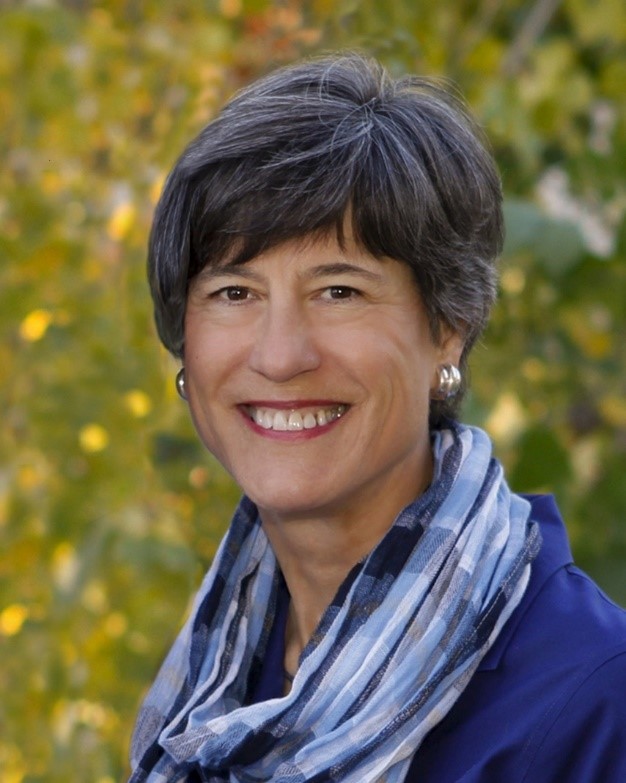You might expect Holly King, newly elected chair for the Almond Board of California (ABC), to be bullish on almond industry prospects. And you’d be right.
 “Almonds are a great product I am proud to represent,” said King. “Almonds are a nutritious, affordable, portable snack with tremendous global market potential.”
“Almonds are a great product I am proud to represent,” said King. “Almonds are a nutritious, affordable, portable snack with tremendous global market potential.”
King, who succeeded Mike Mason to lead ABC’s Board of Directors in April, foresees an upward trajectory for the industry.
“Almond production is projected to continue increasing over the next five years,” she said, “and the industry’s marketing assessment will give us the resources we need to keep growing demand to meet the increase in production.”
Keeping demand ahead of supply, King explains, allows demand to drive price, ensuring that growers and processors remain profitable.
King has been an almond advocate for more than 20 years, a journey initiated by a farm partnership with the Gardiner family, multi-generational almond growers in Kern County. Her experience and perspective extend well beyond the orchard, encompassing crop and livestock agriculture, agricultural finance and public policy work.
Raised on a cattle ranch and farm in Northern California, King developed an understanding of the difficult decisions farmers make every day — financially, operationally and environmentally. After graduating from college with an ag business degree, King went to work for Farm Credit, where she received her initial training that led to a 20-year ag lending career and ended with the development of an ag lending division for Union Bank of California. From there she moved to the non-profit world.
As director of Agricultural Programs for the Great Valley Center, a Modesto-based nonprofit, King found a way to combine her love of Central Valley farming and policy work. With a grant from the Packard Foundation, she worked to elevate awareness of the importance of farmland and its protection and worked to create an infrastructure that would protect agricultural land through the use of agricultural conservation easements. While at the Center, she also convened commodity groups around the growing concept of sustainability, using the sustainable winegrowing practice programs to inform the Center’s design with other commodity groups.
Seeing more synergies between sustainable farming practices, industry transparency and the needs of the public sector, King was drawn to the work being done by the Almond Board.
King believes the almond industry is credibly proving its commitment to sustainability[i]. She’s convinced that sustainability is not only progressive farming; it also speaks strongly to consumers. Industry marketing data shows that consumers not only want to know if what they are eating is good for them, they also want to know if it was produced in a way that is good for the planet. She is confident that California almond growers can deliver both.
“We’re doing the work to demonstrate our careful use of valuable resources, like maximizing water use efficiency, utilizing co-products and using diverse IPM practices,” said King. “Continued outreach and education, and participation in ABC’s California Almond Sustainability Program, will help to reinforce the industry’s stewardship and address consumer questions about whether we should grow almonds in California.”
“Ultimately, the public has the power to influence how and if we grow almonds,” said King. “So, it matters how our industry interacts with the world outside our orchards. We understand the issues better than anyone, and it’s our job to tell our story in a way that people see almonds as an important part of the economy and their food choices.”
As the industry grows, almonds are becoming more visible — and having a greater impact on markets, economies and the environment. “That means more people are watching us, so we need to be transparent about our practices and be good citizens ourselves,” said King.
King lives in Bakersfield, California, where she loves spending time outdoors with her family, hiking to see wildflowers, biking, camping or being out with her horse.
[i] Sustainable almond farming utilizes production practices that are economically viable and are based upon scientific research, common sense and a respect for the environment, neighbors and employees.